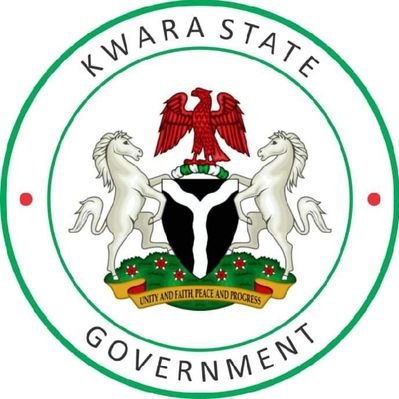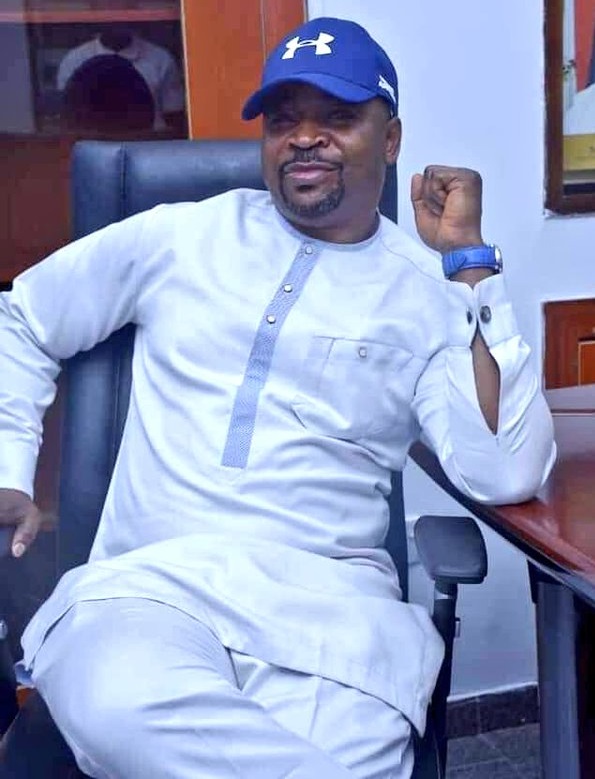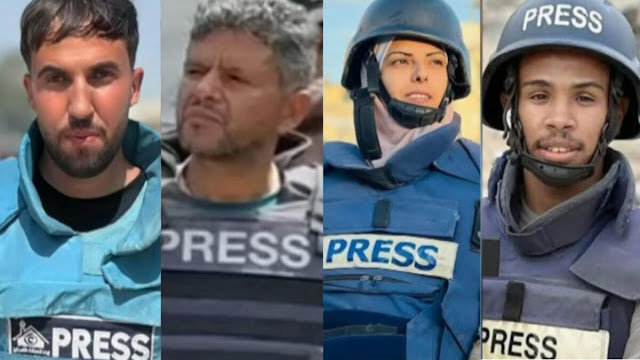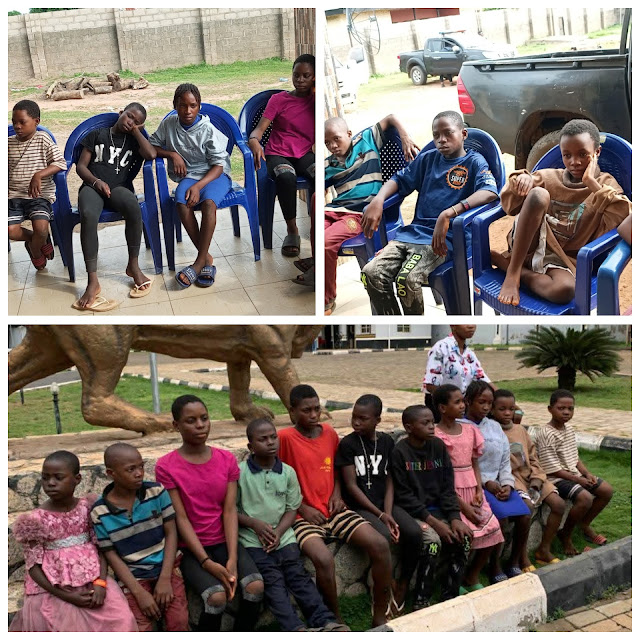ILORIN, Nigeria – August 25, 2025 – The Kwara State Government has reiterated its unwavering commitment to fostering a supportive and enabling environment for development partners, emphasizing its dedication to driving growth and sustainable development across the state. During a courtesy visit by representatives of the Royal Heritage Health Foundation and the United Nations Population Fund (UNFPA) in Ilorin, Dr. Mary Ronke Arinde, the Commissioner for Planning and Economic Development, underscored the state’s openness to collaborations that align with its economic and governance objectives. The visit highlighted ongoing and prospective partnerships, including a new UNFPA-supported project aimed at improving the welfare of women and children. This report provides an in-depth analysis of Kwara’s development strategy, the role of partnerships, the socioeconomic context, and the broader implications for the state’s growth trajectory.
Kwara’s Vision for Development
The Kwara State Government, under the leadership of Governor AbdulRahman AbdulRazaq, has positioned itself as a progressive administration focused on transforming the state’s socioeconomic landscape. During the courtesy visit by the Royal Heritage Health Foundation and UNFPA, Dr. Mary Ronke Arinde articulated the state’s commitment to creating an enabling environment for development partners. “The current administration remains open to collaborations with partners whose objectives align with strengthening Kwara’s economic framework and enhancing governance and service delivery,” she said.
This commitment is rooted in Governor AbdulRazaq’s vision to reposition Kwara as a hub for sustainable development in Nigeria’s North-Central region. Since assuming office in 2019, the governor has prioritized infrastructure development, education, healthcare, and economic empowerment, aiming to elevate Kwara’s socioeconomic profile. The state’s development goals include reducing poverty, improving access to quality education and healthcare, and fostering inclusive growth, aligning with Nigeria’s national development plans and the United Nations Sustainable Development Goals (SDGs).
Dr. Arinde emphasized that partnerships with non-governmental organizations (NGOs) and international agencies like UNFPA are critical to achieving these objectives. By leveraging the expertise, resources, and networks of development partners, Kwara aims to address systemic challenges, such as high poverty rates and limited access to social services, while fostering economic diversification and resilience.
The Courtesy Visit: A Platform for Collaboration
The courtesy visit by representatives of the Royal Heritage Health Foundation and UNFPA provided a platform to strengthen existing partnerships and explore new areas of intervention. The Royal Heritage Health Foundation, a prominent NGO focused on health and social development, has been a key partner in Kwara’s efforts to improve healthcare delivery and empower vulnerable populations. The UNFPA, a global leader in reproductive health and population development, has a long history of supporting initiatives in Nigeria, particularly in maternal health, gender equality, and youth empowerment.
Dr. Arinde commended the Royal Heritage Health Foundation for its consistent support of Governor AbdulRazaq’s vision. “We are grateful for the ongoing interventions by the Royal Heritage Health Foundation and its alignment with our goal to reposition Kwara as a progressive and sustainable state,” she said. She highlighted the state’s willingness to deepen these partnerships, noting that collaborative efforts are essential for addressing complex challenges like maternal mortality, gender-based violence, and educational disparities.
The visit also underscored the importance of UNFPA’s role in Kwara. Dr. Omotayo Oyerinde, UNFPA Programme Manager, reaffirmed the agency’s commitment to partnering with the state government to deliver impactful projects. “UNFPA remains dedicated to supporting Kwara in achieving meaningful and far-reaching development outcomes,” Oyerinde said. He announced a new UNFPA-supported project, implemented through the Royal Heritage Health Foundation, aimed at improving the welfare of women and children, with a focus on boosting women’s confidence, advancing female education, and strengthening empowerment initiatives.
The UNFPA-Supported Project: Empowering Women and Children
The newly approved UNFPA-supported project, announced by Professor Olusoji Soguro, Chief Executive Officer of the Royal Heritage Health Foundation, is a significant addition to Kwara’s development agenda. The project targets women and children, two of the most vulnerable groups in the state, with initiatives designed to enhance their socioeconomic well-being. Key components include:
Women’s Empowerment: The project aims to bolster women’s confidence through skills training, entrepreneurship programs, and access to microfinance. By equipping women with economic tools, the initiative seeks to reduce dependency and promote financial independence, aligning with SDG 5 (Gender Equality).
Female Education: Recognizing education as a cornerstone of development, the project will support programs to increase girls’ enrollment and retention in schools, particularly in rural areas. This includes providing scholarships, learning materials, and safe learning environments to address barriers like early marriage and poverty.
Child Welfare: The initiative will improve access to healthcare, nutrition, and protection services for children, addressing issues like malnutrition and child labor. By strengthening community-based support systems, the project aims to create a safer and healthier environment for children.
Professor Soguro praised the Kwara State Government for fostering a welcoming atmosphere for development organizations. “Governor AbdulRazaq’s administration has created an enabling environment that allows us to operate effectively and make measurable impact,” he said. The project’s focus on women and children is particularly timely, given Kwara’s high poverty rates and gender disparities. According to the World Bank, 38.9% of Nigerians live below the poverty line, with women and children disproportionately affected, particularly in rural areas like Kwara.
Kwara’s Socioeconomic Context
Kwara State’s development efforts must be understood within Nigeria’s broader socioeconomic context, characterized by significant challenges and opportunities. The National Bureau of Statistics (NBS) reported a headline inflation rate of 21.88% in July 2025, driven by a 22.74% food inflation rate, which has made basic necessities unaffordable for many households. The naira’s 41.4% depreciation in 2024 has increased the cost of imported goods, while the CBN’s high interest rate policy (26.75% Monetary Policy Rate) has raised borrowing costs, constraining economic growth.
Kwara, with a population of approximately 3.6 million, faces unique challenges. The state’s economy is largely agrarian, with over 70% of its population engaged in agriculture, yet productivity is hampered by limited access to modern farming techniques, credit, and infrastructure. The NBS’s 2022 Multidimensional Poverty Index indicates that 29.7% of Kwara’s residents are multidimensionally poor, facing deprivations in health, education, and living standards. Rural areas, which constitute much of the state, are particularly affected, with limited access to electricity, clean water, and healthcare facilities.
The state’s education sector also faces challenges, with a 2023 UNICEF report highlighting a 30% out-of-school rate among children, particularly girls, in North-Central Nigeria. Maternal mortality, at 576 per 100,000 live births nationally, remains a concern in Kwara, where access to quality healthcare is uneven. These challenges underscore the importance of partnerships with organizations like UNFPA and the Royal Heritage Health Foundation, which bring expertise and resources to address these issues.
Governor AbdulRazaq’s Development Agenda
Governor AbdulRahman AbdulRazaq, re-elected in 2023, has made sustainable development a cornerstone of his administration. His agenda focuses on four key pillars: infrastructure, human capital development, economic diversification, and governance reform. Since 2019, the administration has invested in road construction, healthcare facilities, and school rehabilitation, earning praise for improving access to services in rural and urban areas.
In healthcare, the state has upgraded primary health centers and introduced the Kwara State Health Insurance Scheme to improve access to affordable care. In education, initiatives like the KwaraLEARN program aim to enhance learning outcomes through digital tools and teacher training. Economic diversification efforts include support for agriculture and small businesses, with programs to provide farmers with inputs and access to markets.
Dr. Arinde emphasized that these efforts are bolstered by partnerships with development organizations. “Governor AbdulRazaq’s government attaches significant importance to initiatives that support the state’s development goals,” she said. The collaboration with UNFPA and the Royal Heritage Health Foundation aligns with these priorities, particularly in addressing gender disparities and improving human capital.
The Role of Development Partners
Development partners like UNFPA and the Royal Heritage Health Foundation play a critical role in Kwara’s development strategy. UNFPA, established in 1969, is the United Nations agency focused on reproductive health, population dynamics, and gender equality. In Nigeria, UNFPA has supported initiatives in maternal health, family planning, and youth empowerment, with programs in states like Kaduna, Sokoto, and now Kwara. The agency’s partnership with Kwara builds on its success in reducing maternal mortality and promoting gender equality, aligning with SDGs 3 (Good Health and Well-Being) and 5 (Gender Equality).
The Royal Heritage Health Foundation, founded in Nigeria, has a track record of implementing health and social development projects, particularly in underserved communities. Its work in Kwara includes maternal and child health programs, community outreach, and capacity building for healthcare workers. The foundation’s collaboration with UNFPA enhances its ability to deliver large-scale, impactful projects, leveraging the agency’s global expertise and funding.
Professor Soguro highlighted the synergy between the state government and development partners. “The welcoming atmosphere in Kwara allows us to operate effectively and make measurable impact,” he said. This partnership model, combining local knowledge with international resources, is a blueprint for sustainable development in Nigeria’s subnational regions.
Stakeholder Reactions
The Kwara State Government’s commitment to development partners elicited widespread praise from stakeholders. Development expert Dr. Chinedu Okeke described the state’s approach as a model for other states. “Kwara’s openness to collaboration is a game-changer,” he said. “Partnerships with UNFPA and NGOs like the Royal Heritage Health Foundation can address systemic challenges and drive inclusive growth.”
Community leaders in Kwara expressed optimism about the new UNFPA project. “Empowering women and children is critical for our communities,” said Hajia Fatimah Bello, a women’s group leader in Ilorin. “We hope this project brings tangible benefits, like jobs and education for girls.” Health workers also welcomed the initiative, with nurse Aisha Ibrahim stating, “Improved maternal and child health services will save lives and strengthen our communities.”
However, some stakeholders called for greater transparency in project implementation. “We need clear metrics to measure the impact of these partnerships,” said Yusuf Adebayo of the Kwara Development Forum. Others urged the government to ensure equitable distribution of benefits, particularly in rural areas. “Urban centers like Ilorin often get more attention,” said farmer Musa Abdullahi from Kaiama. “Rural communities need these projects too.”
Implications for Kwara and Nigeria
The Kwara State Government’s collaboration with development partners has significant implications for the state and Nigeria as a whole. For Kwara, the partnership with UNFPA and the Royal Heritage Health Foundation could transform the lives of women and children, reducing poverty and improving human capital. By addressing gender disparities and educational barriers, the state can unlock economic potential, particularly in rural areas where women make up a significant portion of the agricultural workforce.
Nationally, Kwara’s model of collaboration offers lessons for other states seeking to leverage development partnerships. Nigeria’s 36 states face similar challenges, including poverty, healthcare disparities, and educational gaps. By fostering an enabling environment, Kwara demonstrates how subnational governments can attract resources and expertise to address these issues, contributing to the country’s broader development goals.
The UNFPA project also aligns with Nigeria’s commitments under the SDGs, particularly in health, education, and gender equality. By reducing maternal mortality, increasing girls’ education, and empowering women economically, Kwara can serve as a case study for achieving these global targets. The state’s success could also attract additional funding from international donors, boosting Nigeria’s development financing.
Challenges and Opportunities
While Kwara’s collaboration with development partners is promising, it faces challenges that must be addressed to ensure success:
Resource Constraints: Limited funding and human resources could hinder project implementation, particularly in rural areas with poor infrastructure.
Coordination Challenges: Effective collaboration between the state government, NGOs, and international agencies requires robust coordination to avoid duplication and ensure impact.
Economic Pressures: High inflation (21.88%) and naira depreciation (41.4%) increase the cost of project inputs, necessitating innovative financing models.
Rural-Urban Disparities: Ensuring equitable distribution of benefits between urban and rural areas is critical to addressing poverty and inequality.
Despite these challenges, the partnerships offer significant opportunities. The UNFPA project can create jobs, particularly for women, through skills training and entrepreneurship programs. Improved education and healthcare access will enhance human capital, driving long-term economic growth. Kwara’s enabling environment could also attract additional partners, amplifying the state’s development impact.
Policy Recommendations
To maximize the impact of its partnerships, the Kwara State Government should consider the following recommendations:
Strengthen Coordination: Establish a dedicated task force to coordinate development projects, ensuring alignment with state priorities and avoiding duplication.
Enhance Rural Access: Prioritize project implementation in rural areas to address disparities and promote inclusive growth.
Secure Funding: Explore innovative financing models, such as public-private partnerships and donor grants, to sustain development initiatives.
Monitor and Evaluate: Develop clear metrics to measure the impact of projects, ensuring transparency and accountability.
Engage Communities: Involve local communities in project design and implementation to ensure buy-in and sustainability.
Conclusion
The Kwara State Government’s commitment to fostering an enabling environment for development partners, as reaffirmed during the courtesy visit by the Royal Heritage Health Foundation and UNFPA, signals a new era of collaboration for sustainable development. The UNFPA-supported project to empower women and children aligns with Governor AbdulRazaq’s vision to reposition Kwara as a progressive state, addressing critical challenges like poverty, education, and healthcare disparities. In a challenging economic context marked by 21.88% inflation and widespread poverty, these partnerships are vital for driving inclusive growth and improving living standards. By addressing implementation challenges, engaging communities, and leveraging international expertise, Kwara can set a model for subnational development, contributing to Nigeria’s broader socioeconomic goals.







